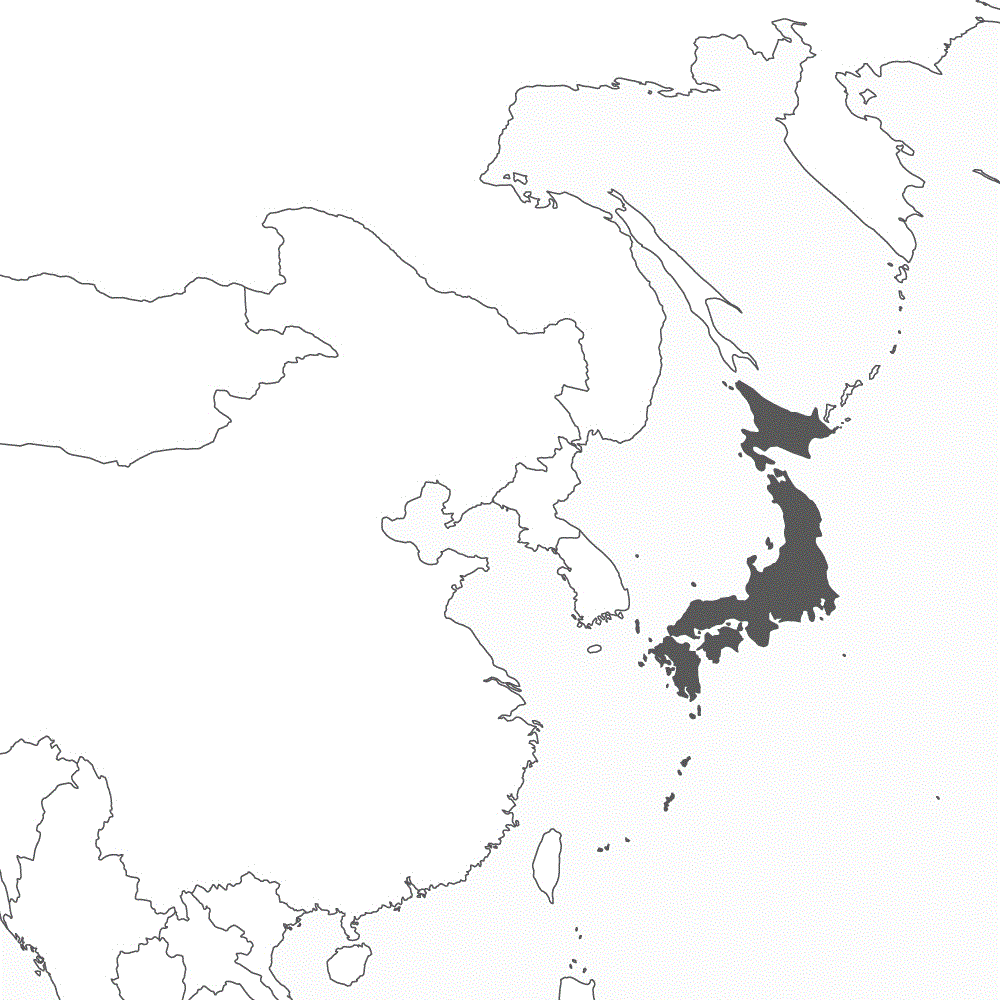,,Germany in Japan"
BERLIN Applying an extensive marketing strategy, the German Foreign Office is aiming to mend the weakening relations between Germany and Japan. According to the Foreign Office, the recently introduced campaign ,,Germany in Japan 2005/2006"intends to strengthen German influence in Japan and to defend Germany against the competitors from the US, France, Great Britain, and Italy. Japan is the second largest economic power in the world and increasingly follows her own foreign policies.
Berlin's marketing strategy, which covers a number of projects mainly in economics, technology, and culture, is coordinated by the German Foreign Office and supported by several federal ministries, business councils, and the Goethe Institute. The goal is to ,,add new aspects to the traditionally positive image of Germany in Japan"between the Spring of 2005 and the Spring of 2006.
Competitive advantage...
According to the Foreign Office, Japan's modernization, during the middle of the 19th Century, was patterned largely on the German model. ,,This competitive advantage for the German economy (...) has now disappeared in favor of the USA and European competitors."Undersecretary Chrobog of the Foreign Office, fears that Germany ,,clearly is behind her European competitors Great Britain, France and Italy as far as recognition and appreciation factors among the young generation."
... diminishes
Simultaneously the economic exchange between Berlin and Tokyo is on the decrease. German exports to Japan fell in 2002 by 7.1% to 12,2 billion Euro and imports from Japan by 16.9% to 19 billion Euro. The total of direct investments remains high (German investments in Japan amount to 9.6 billion Euro while Japanese investments in Germany amount to 8.7 billion Euro), however investment activities are on the decrease and in some instances even extensive investments are withdrawn.
Tokyo: ,,Important"
In spite of the continuing China-boom Japan is ,,too important to consider diminishing profits (...) as unimportant"according to the Foreign Office. Japan has the greatest purchasing power in Asia; her GDP is four times as high as that of China. Tokyo is seen as a close ally of the United States, but increasingly conducts her own foreign policy (in the Persian Gulf for example) and strives, as does Berlin, for a permanent seat in the UN Security Council.
Close political ties
Japan is outside of the EU and, aside from the United States, is Germany's strongest ally, with very close relations with Berlin. The regular meetings of specialists of six ministries meanwhile have become institutionalized and, since 1994, regular exchanges take place between German and Japanese embassies in 72 countries. Contributing to the understanding between the two states, which in the Second World War led to common war efforts, are both countries' similarities in their late modernization which were the result of militaristic traditions of their feudal past.
Sources:
Wirtschaft formuliert Erwartungen an Deutschland-Jahr in Japan; Pressemitteilung des BDI 25.08.2003
,,Deutschland in Japan 2005/2006"; www.auswaertiges-amt.de
Japan meldet wieder positive Konjunkturaussichten; www.oav.de
